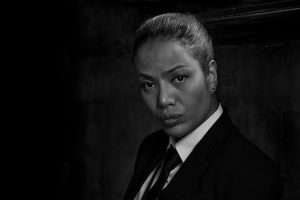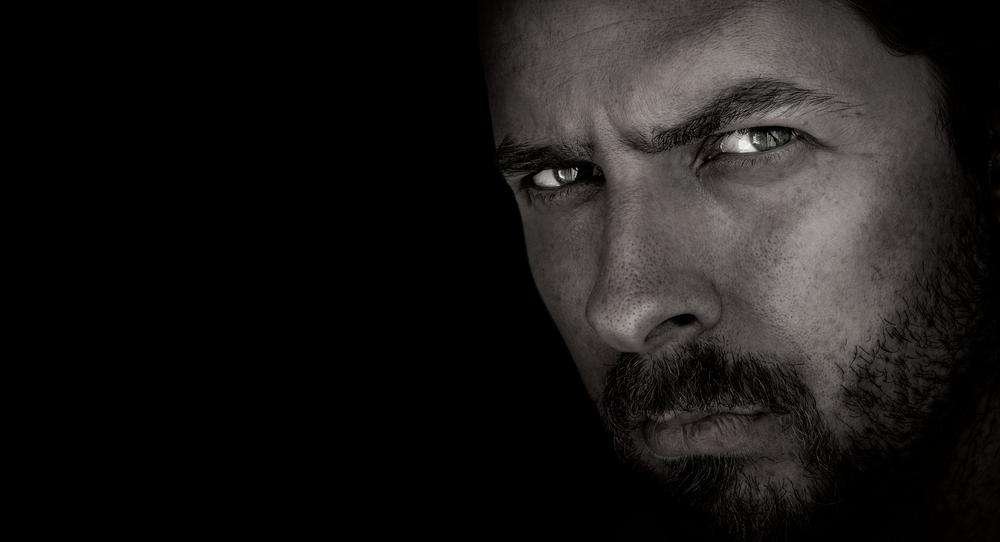The INTJ Death Stare
INTJs’ Terrifying Intelligence
INTJs’ Revenge
These titles garner a great deal of interest on Google’s search engine.
But do these attributes benefit INTJs or merely serve as descriptors of their dark side?
Or do we all have dark sides, but INTJs are acutely aware of theirs and embrace them?
After all, although many may see mythological characters like Batman and The Joker as opposite sides of the same coin. They are both loved for their dark side.
It wasn’t until I began embracing my dark side, hypocrisies, and contradictions that I became free. I felt relieved that being and thinking defiantly were sometimes necessary based on the situation.
Hypersensitive INTJs need a dark side to battle a world of competing interests, incivility, and selfish motives.
For many, being civilized meant detaching oneself from these emotional and psychological dungeons. Being free of darkness meant being benevolent, sound, and refined.
And those who could not discover this enlightenment on their own needed a catalyst.
Or, in some cases, an exorcist.
Organized religion has been this catalyst in helping people feel bad about their dark side.
Psychoanalyst Carl Jung talked about our inner complexes: persona and shadow. Jung said:
The persona is our somewhat embellished view of ourselves, the shiny face that we like the world to see. Its opposite, everything we reject about ourselves, is called the shadow.
Jung dealt with the complexes that individuals consistently face consciously and unconsciously. And one complex that resonates with many INTJs is the power complex.
For INTJs, an authoritarian or dystopic view of the world might be the catalyst for destructive thoughts.
However, these dark impulses can be controlled by individuals if they are willing to do the inner work required to offset psychological instability.
Additionally, Alfred Adler, another giant in the psychoanalyst field, said that humans are slaves to their motivations.
Adler noted that:
A person’s mental state is determined by his goal. No human being can think, feel, wish, or dream without all these activities being determined, continued, modified, and directed toward an ever-present objective.
As a result, the ultimate challenge for INTJs is to steer their dark side toward their objectives for optimal results.
In the end, INTJs want to build intellectual edifices in their image that serve as sanctuaries for inner peace and tranquility.

The INTJ’s shadow
What are INTJs hiding that they don’t want the world to see?
Imo Emah, a medical doctor, responded to a Quora forum question, “Why are INTJs so dark,” by saying:
The ability to constantly abstract, associate, integrate, and extrapolate ideas might sound like some intellectual superpower to a lot of people. Yet, it comes with a heavy price – an inability to just “accept things as they are.” INTJs ponder and interconnect everything: the state of the world, financial systems, human behavior, existential philosophies, their own mortality… and their questions create more questions while answers remain scarce, incomplete, and ever-changing.
For INTJs, the “real world” is merely a stage on which countless interrelated systems play out like a never-ending chain reaction. If you lived every day with such a perspective, being “dark” is only natural.
Dr. Emah’s perspective is spot-on as an explanation of the complex circuitry of the INTJ’s mind.
As analysts, INTJs can only use the material that is available to them.
As INTJs unpack all the moving parts of the world’s system, the ugly decadence of human nature must appear. And this appearance must be reconciled in a way that logically aligns with the dark side of human nature.
To disconnect the dark side and relegate it to being dispensable is to upset the process that makes the system operational.
In other words, you must simultaneously deal with the chaff and the wheat in dealing with human nature. If there is light, there must be darkness.
Comparisons are the qualitative measures of what is positive and negative in life.
The philosopher’s way
Enlightened INTJs use philosophy as guiding principles for the moral underpinnings of their dark side.
As Dr. Emah outlined, everything must be explained, organized, and systematized within an INTJ’s world.
What comes out on the other side is a system of upended commandments such as:
- It is blasphemous not to feed intellectual hunger.
- Dismissing people who don’t build anything worthy of deep conversations is admirable.
- Vengeance is condoned against those who willingly hurt our loved ones or ourselves.
- Life should consist of straight pathways free of distractions to enlightenment.
- A systematic lifestyle should be engineered by logic, with emotions serving as fuel.
- There should always exist a need to achieve.
- Human nature will always be tumultuous because of competing interests.
- The self-interest of others serves as obstacles to fight against.
- All relationships are conditional, except for self-love.
- You should live and let live.
The essence of these ten commandments can be found among the works of Ayn Rand, Charles Darwin, Richard Dawkins, Niccolò Machiavelli, and Fredrich Nietzsche.
Embrace your dark side
One of the things I enjoyed most about The Oprah Winfrey Show was Oprah’s ability to avoid any scandal. She was transparent about her past to the extent that if a guest had been a drug abuser, molester, or a prostitute, Oprah would reveal some experience that resonated with the guest’s experiences.
Consequently, she used vulnerability as a weapon against scandals.
The same applies to INTJs’ dark side. By INTJs’ admitting that they may have a god-complex, elitist tendencies and a need to reinvent the world in their image, they are free to exist without shadows.
Control, embarrassment, and shame cannot be used against INTJs who embrace their dark side.
By not calling yourself good, pious, or religious, you avoid the trap of labels and the albatross of attempting to live others’ ideals.
By embracing your persona and shadow, you become free.
The glass is half full and half empty.
INTJs should embrace both realities in a world that uses titles to control and manipulate.
—Sarah Tennyson

References
Adler, A. (1998). Alfred Adler: Understanding human nature. Hazelden, p. 15.
Bobroff, G. (2020). Carl Jung: Knowledge in a nutshell. Sirius Publishing, p. 51.
Emah, I. (2020, Dec. 28). Why are INTJs so dark? Quora. Retrieved from: https://bit.ly/3vk8Izv.


